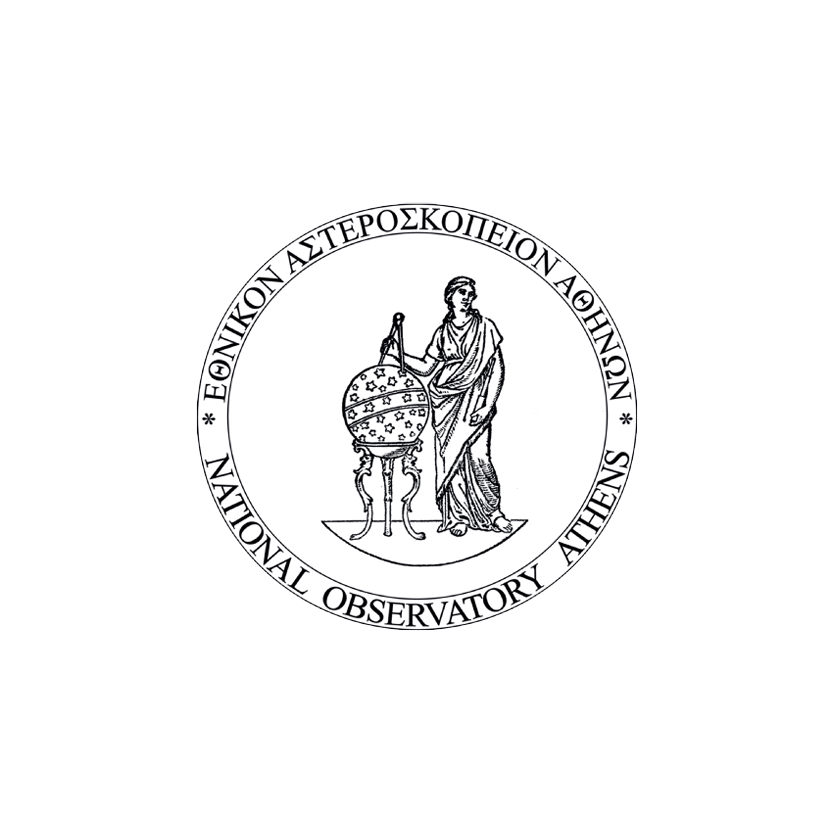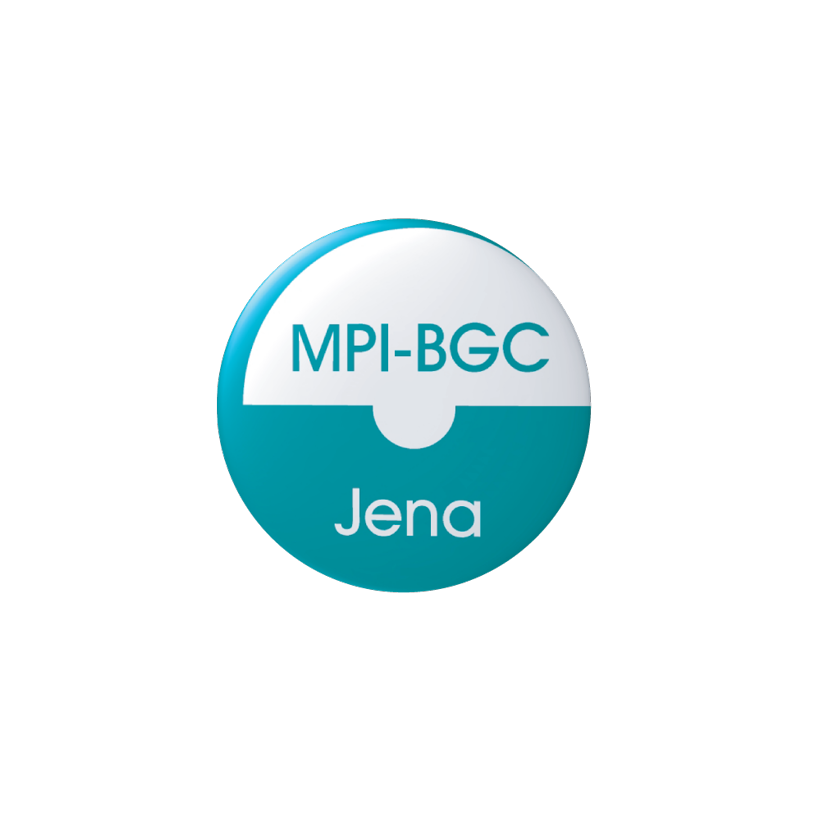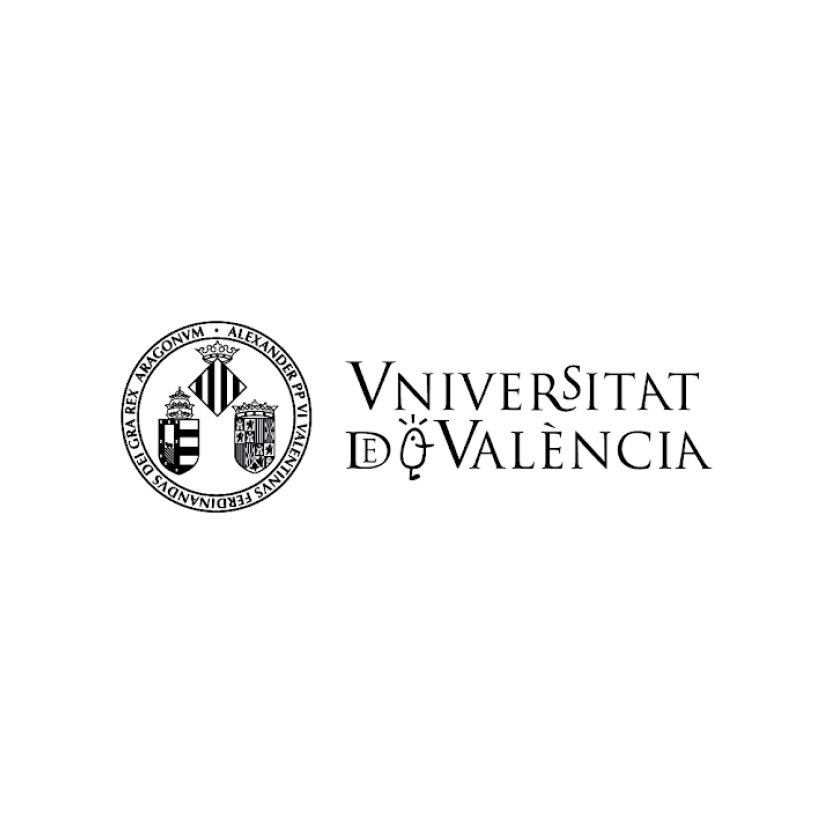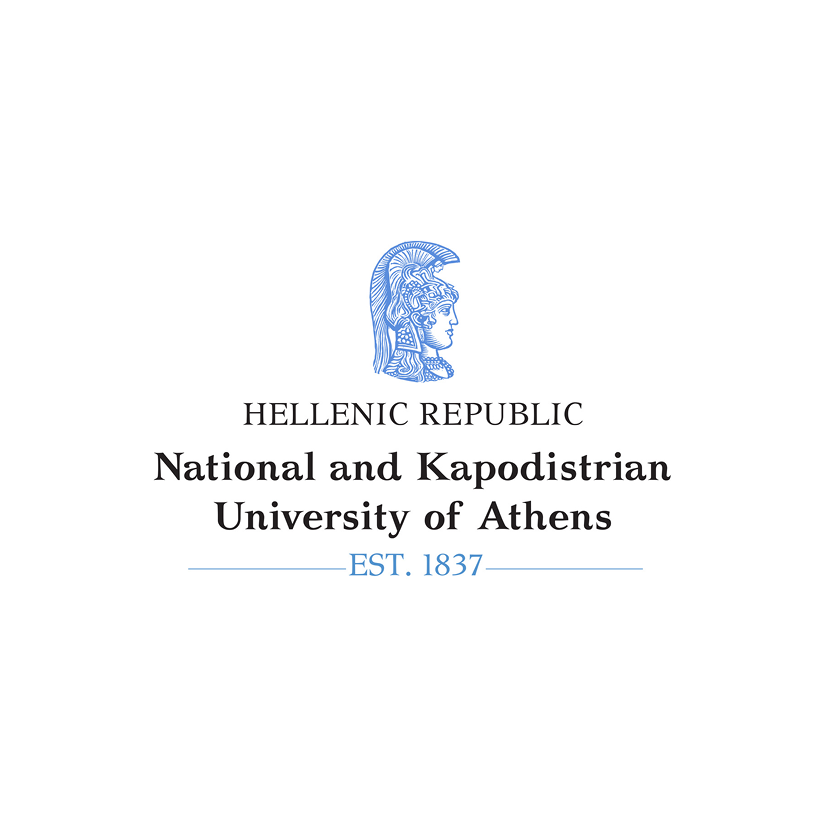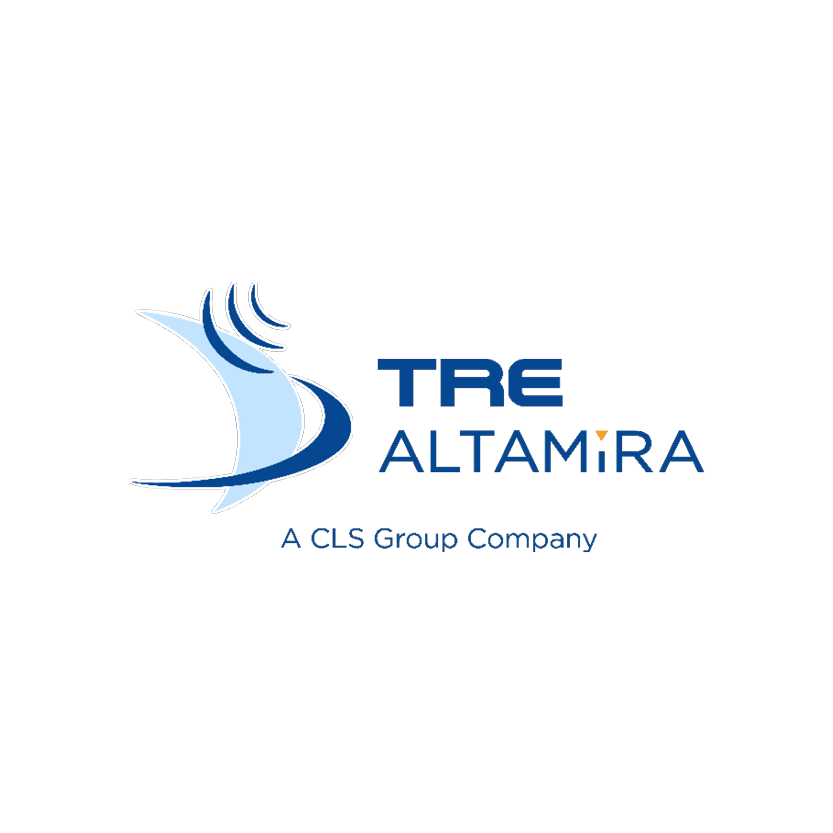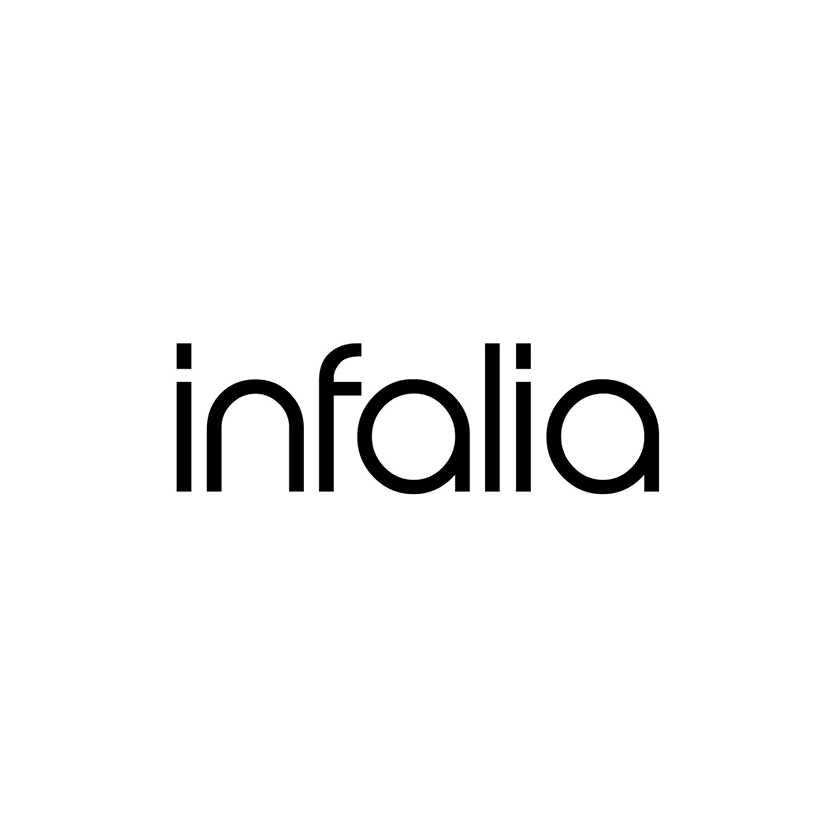Partners
National Observatory of Athens
Founded in 1842, the National Observatory of Athens (NOA) is the oldest research foundation in Greece and has been nominated by the Greek government as the sole institution in charge of natural disasters monitoring. At global level, NOA hosts the UNESCO Chair for Natural Disasters, the Secretariat of the South Eastern European Disasters Risk Assessment and Mitigation Network, and the Focal Point on the Global Earth Observing System of Systems (GEOSS). NOA’s Institute for Astronomy Astrophysics Space Applications & Remote Sensing (IAASARS) has achieved excellence in the area of EO-based environmental and natural disaster monitoring and management, through its systematic participation in EC, ESA and Copernicus projects. Over the years, NOA has consolidated state-of-the-art scientific equipment including a satellite ground station for missions Meteosat, NOAA AVHRR, MODIS, NPP, FYI, MetOP and future NPOESS. It also hosts the first Collaborative Ground Segment for the management and dissemination of data flows from the Sentinel family of satellites. Leveraging on its expertise, NOA is the scientific coordinator of DeepCube and the overall responsible for the effective coordination of the partners (Project Management). NOA coordinates the design, implementation and validation of the different DeepCube Use Cases (Work Package 5), leading also two of them - fire hazard forecasting in the Mediterranean and global volcanic unrest detection & alerting. Lastly, NOA leads the communication and user engagement activities.
Max Planck Institute for Biogeochemistry
The Max Planck Institute for Biogeochemistry (MPI-BGC) is a research institute of the German Max Planck Society (MPG). Its research mission is the investigation of the global biogeochemical cycles and their interaction with the climate system. The institute combines strong observational and process-based studies (soil carbon, plant community and growth, vegetation-atmosphere fluxes) with global scale modelling (e.g. vegetation dynamics, global carbon cycle, aerosols). At MPI-BGC, data-driven, simulation-driven and theoretical approaches are brought together to improve understanding of the Earth System. In particular, and in cooperation with partners from both universities and research institutes, MPI-BGC develops AI methods (DL, causality, hybrid modeling) to understand and predict climate extremes and their impacts. MPG is a critical partner for DeepCube leading the acquisition of big data and setting-up of DataCubes, thus responsible partner for the creation and extension of Earth System Data Laboratory (ESDL) Data Cubes. MPG contributes to the project’s ecosystem and Earth system science perspectives, especially related to conceptual and methodological aspects in hybrid modeling approaches.
University of Valencia
The University of Valencia (UVEG) takes part in the DeepCube project through the Image Processing Laboratory (IPL). The lab consists of four groups sharing a technological mission: imaging from satellite data and remote sensing. The Image and Signal Processing (ISP) group, currently made up of 35 researchers and lecturers, is committed to the development of new imaging systems and data analysis techniques to tackle remote sensing and geoscience problems, where model inversion, uncertainty estimation, and causal inference from empirical data play a central role. ISP is funded through national and international projects (H2020, ERC, ESA, EUMETSAT, Analog Devices Inc, and Google Inc). UVEG leads the development and interpretation of new causal models for climate-induced migration and will collaborate on the development of eXplainable AI (XAI) techniques for interpretability of the models developed to forecast localized extreme drought and heat impacts as well as for fire hazard short-term forecasting. UVEG activities are central to the exploitation of the value of EO data & ML in the Use Cases, revealing behaviour patterns, predictors, confounders, and underlying mechanisms.
Logical Clocks
Logical Clocks (LC) was founded in 2016 by the members of the Distributed Computing Group at KTH – Royal Institute of Technology and RISE SICS AB, aiming to provide the market’s go-to Enterprise Data & AI platform. LC researchers were the first to solve the hard problem of building a scale-out metadata layer for a new type of distributed file system. By opening that Pandora’s box, new doors opened that enabled LC to build a new generation of data and AI platform based on the scale-out metadata innovation. LC aims to bring its vision to the real-world outside of academia, where Data and AI should be easy to develop and operate - even when running at massive scale. LC's Vision is to provide a Data and AI platform to enable the discovery of trustworthy, actionable insights in data and easily design and apply AI solutions to complex problems. LC's Mission is to build the world’s most scalable, secure, reliable, efficient and human-friendly data-intensive ML platform to enable businesses to easily develop data and AI products that help them thrive. Leveraging on its expertise, LC will provide platform support and guidelines to tasks in Scalable AI architectures for big EO and non-EO data and support the Use Cases. In addition, LC will lead the development of a framework with improved methods for training models on large volumes of EO data and contribute to the integration and development of the DeepCube platform.
University of Athens
The National and Kapodistrian University of Athens (UoA) was founded in 1837 and it is the oldest university in Greece. The Department of Informatics and Telecommunications has been active since 1986 and it is widely recognized as the top Computer Science department in Greece. It has been ranked consistently among top departments in Computer Science by the Academic Ranking of World Universities founded and compiled by the Shanghai Jiaotong University. The UoA team participating in DeepCube is the Artificial Intelligence team led by Prof. Koubarakis. The Artificial Intelligence team has carried out ground breaking work at the frontiers of Earth Observation and Artificial Intelligence with a special emphasis on semantic technologies for Earth Observation.
UoA will lead the implementation of the semantic data cube functionality of the DeepCube platform and contribute to the visualization of the EO data provided by the platform. Moreover, it will lead the creation of ontologies and mappings for the semantic data cube, in order to assist the use cases. Finally, UoA leads the liaison activities with relevant projects working with Copernicus data.
Gael Systems
GAEL Systems is a private company providing Expert Service and Innovative Software Solutions to Space Agencies, System Integrators, Data Distributors and End-Users. The core activities are linked to the Software Development and Operational Services for Archiving, Data Processing, Quality Control and Dissemination of EO products, including design and implementation of customized software applications and system architectures, integrating multiple technologies and microservices that can be deployed in Cloud environment as operational services, and generic software libraries, offering transversal solutions that may serve multiple projects. GAEL has capitalised its know-how on data access in the development of a middleware called DRB API, which is based on W3C standards and is Open Source. From the definition of the user needs, in collaboration with the customer, to the operational maintenance of the deployed solution, GAEL has a strong experience in mastering the complete software life cycle. GAEL has also an Expertise in Earth Observation, in particular in geodesy, orbital modelling, optical sensors, geometry and cartography. GAEL conducts various studies on the product data quality, with cross comparison between missions and sensors, and also participates in CAL/VAL.
Tre Altamira
TRE ALTAMIRA (TREA), a CLS Group company, is the leading global provider of commercial services based on Permanent Scatterers SAR Interferometry, the most advanced remote sensing technology to monitor ground surface deformation phenomena by means of radar satellite data processing. TREA measures ground deformation to millimeter-precision by analyzing SAR (Synthetic Aperture Radar) satellite images with SqueeSARR - a unique tool to detect, measure and monitor geophysical phenomena such as subsidence, uplift, landslides, and seismic faults, and verifying the stability of individual structures. Satellite maps of surface deformation provide a quantitative understanding of ground response to both natural and anthropogenic activities. So far, the company services have been used throughout Europe, The Americas and Asia supporting different applications in a variety of sectors, including oil & gas, mining, civil engineering and geohazard monitoring. TREA’s role in DeepCube is focused on the SAR Interferometry related Use Case, contributing to the generation of big data through the processing of Sentinel-1 data over the area of interest (Qatar) in both the Ascending and Descending acquisition geometries. Results updates will be provided in continuum every new Sentinel-1 cycle. Another pillar for TREA will be the contribution to new AI methodologies to link Ground Deformation rates and urban growth related events.
INFALIA
INFALIA is an SME company that specialises in the provision of cutting-edge ICT solutions for smart cities, social data mining, cyber-security and health related applications as well as in the development of highly interactive web and mobile applications. INFALIA is a spin-off company of the Centre for Research and Technology Hellas (CERTH) and part of the company’s experience comes from the participation of its founders in a sound number of European and national research funded projects. Collecting, mining, processing, and visualising data while focusing on accessibility and inclusion for all are the core features of INFALIA solutions. The most known market-ready service of INFALIA is “Improve My City”, part of the company’s smart cities and e-Government solutions.
Infalia leads the development of visualization tools for non-EO data. More specifically, Infalia is responsible for the collection of social media data as a complementary non-EO source of information, their automatic analysis to extract high-level knowledge, and their visualization in an intuitive way allowing alternative views, multiple filtering options and advanced visual analytics.
Murmuration
Murmuration was created in March 2019 with the aim of including the environmental dimension in every decision making cycle. Murmuration uses satellite Earth Observation data and combines them with other data sources to efficiently compute the impact on the environment of human activities. Murmuration is particularly active in the tourism domain where it offers services to decision makers and tourism professionals under two forms, the first is specialized studies that produces dashboards to efficiently manage the tourism activity in a given territory. The second is a general public service called Flockeo.com that puts in contact responsible travelers with like minded professionals. Murmuration has several roles throughout the project. On the one hand, it contributes to the input of EO and non-EO data into the platform. On the other hand, it is developing a Use Case of direct and real application of the platform using its skills and knowledge in environmentally responsible tourism.

